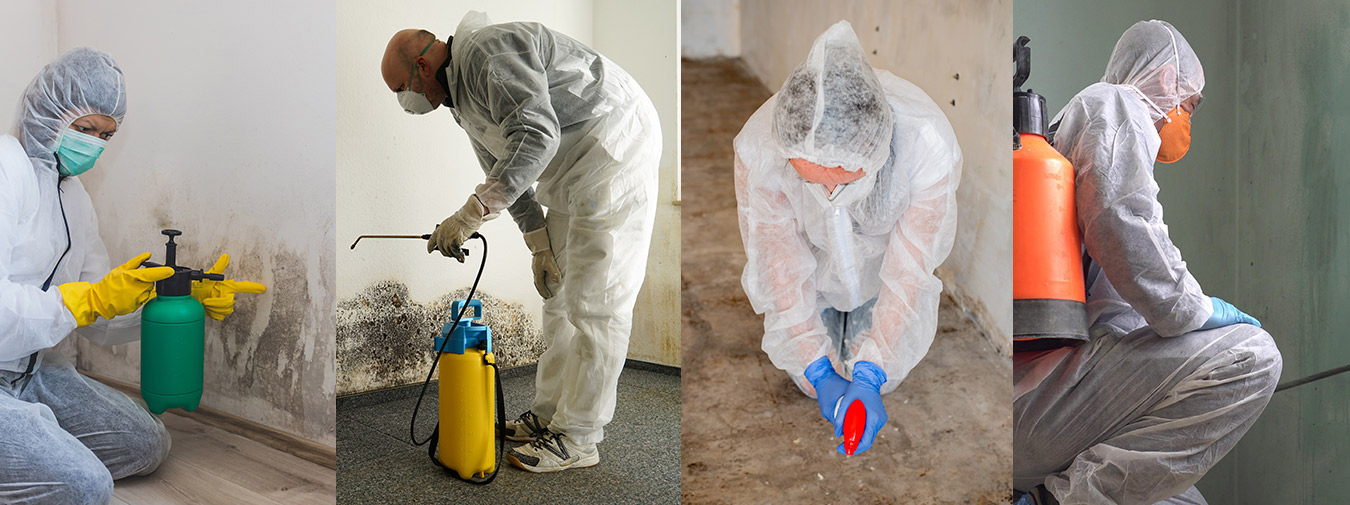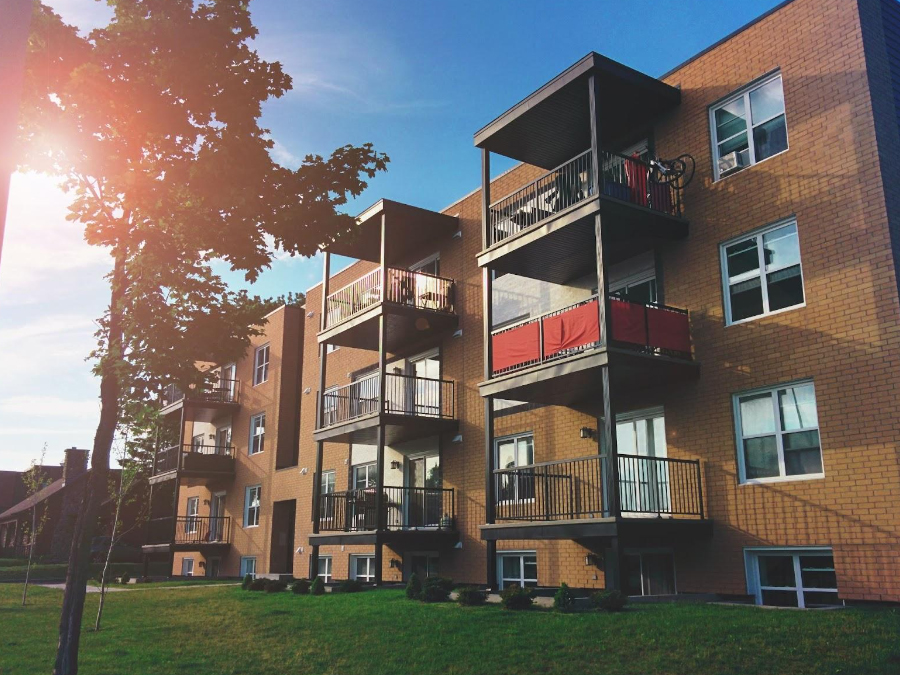Mold In Your Florida Rental Home or Apartment
Believe it or not, we’ve been there before. You’re renting a shoebox “luxury condo” from some mega-complex that sees you as nothing more than a paycheck come the first of every month. Or maybe it’s some out-of-date mother-in-law suite last updated in the 1970s. Even a new house can have mold! You start to worry about some of the things you’re noticing around the apartment – unexplained dark marks on the ceiling, a funky smell coming from the back of the kitchen cabinets, even tiny, black dots on the roof of your shower. Mold is insidious, and when you’re a renter in Florida, it’s easy to feel like it’s way beyond your power to fix.
What Can You Do as a Tenant with Mold in Florida?
There are certain rights set up to protect your health and interests as a tenant in the state of Florida. If you start to notice warning signs in your rented space, here are the steps you need to take.
-
Document EVERYTHING
This is the crucial first step to getting your mold problems fixed completely. You need to record everything using written notes, photographic evidence, even video footage if it helps. This provides proof to your landlord that there are mold issues in the rental. It also shows that this mold could endanger, or at the very least, be seriously hazardous, to your health.
-
Report your findings to your landlord in WRITTEN FORM
You want the report to be written and dated and be sure to keep a copy on file. This is important in case the landlord decides to neglect the situation – you’ll have proof that they were made aware of these hazards on a specific date. Once you’ve reported these findings to your landlord, they have a legal obligation under the “implied warranty of habitability” to fix the issue and make your space livable again. Landlords are required by the state of Florida to begin the mold detection and remediation process for their tenants within 7 days of receiving written notice of a mold problem.
Hopefully, from here, the landlord does the right thing and immediately acts on your concerns. But let’s say the landlord ignores your report, or delays acting upon it to a point where you don’t know if anything will ever get done. What are your options then?
- ANNOY THEM
As trivial or petty as this may seem, some landlords, especially those mega-complex companies that can easily afford the costs of mold remediation, will eventually do what you ask if it shuts you up. So BE LOUD. BE PERSISTENT. Call, text, email, knock on doors, send letters, ask others to do it on your behalf! If you make sure they know that you won’t let this slide, they will feel way more inclined to show you results. Tell them you want to know exactly which mold remediation company they’ve chosen to fix your issues. Tell them you want an exact start date and ask them to keep you in the loop through every step of the process.
-
WITHHOLD RENT
If you’re faced with a really stubborn landlord, an extreme option is a legal strategy known as “rent withholding.” Here, tenants can stop paying rent to the landlord, citing that the mold in the unit has made it uninhabitable. In Florida, the “implied warranty of habitability” requires that a landlord provide habitable living conditions. So, whether mentioned in the lease agreement or not, the Florida rental law requires a landlord to abide by this.
-
REPAIR AND DEDUCT
Another option is to get the mold issue fixed yourself. This means hiring your own mold remediation team and deducting the costs of that remediation from your typical monthly rent.
Even though (sadly) there is no Florida statute that requires landlords to disclose heavy mold concentrations in a home or apartment building, they are still responsible for making sure their tenants live in safe and habitable conditions. Tenants can still try to recover damages from their landlord in court if they have been affected by the high concentration of mold in the units.
If the court finds that the mold damage was a result of the landlord’s negligence, the landlord could face heavy penalties.
Take, for example, one case investigated by a local news channel. They uncovered an extreme habitability issue in an apartment complex because of mold. Electrical outlets were exposed and posed a fire risk. The home had water damage from flooding, and this caused a serious mold contamination. Reportedly, the city responded by fining the landlord a whopping $15,000 daily for violating 31 health and safety codes.
How Can TCB EnviroCorp Help with Mold?
If you suspect that your home may have mold issues, don’t delay. The possible health effects of mold exposure aren’t worth the wait. In addition to mold remediation, the experts at TCB EnviroCorp offer mold inspection, air quality testing, and more! Contact us today to learn about our individualized treatment options for living a mold-free life.









